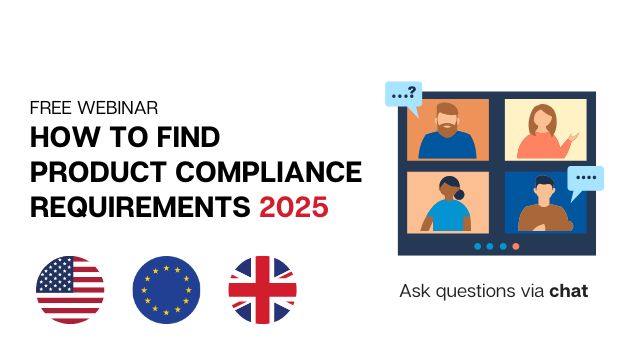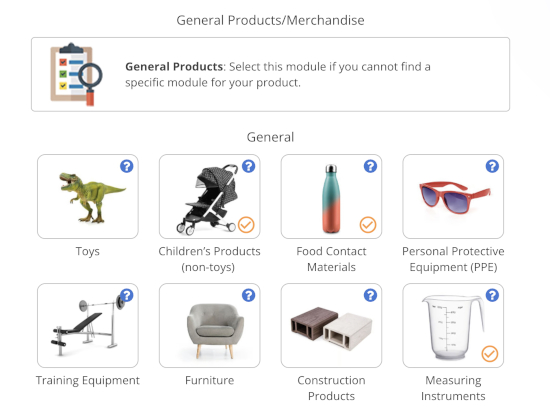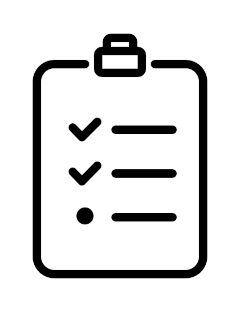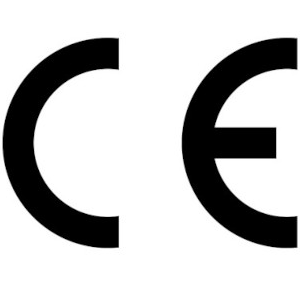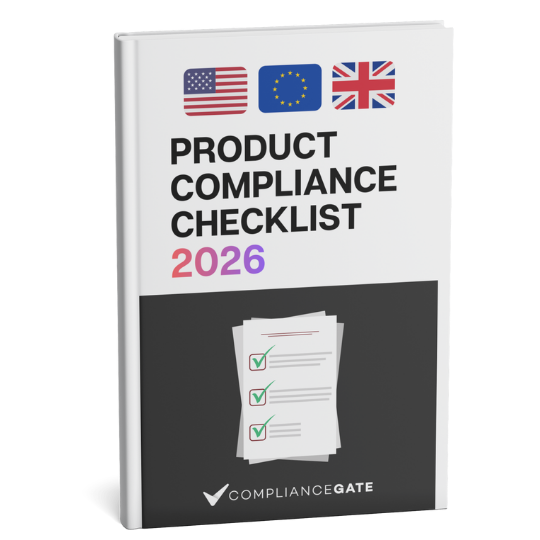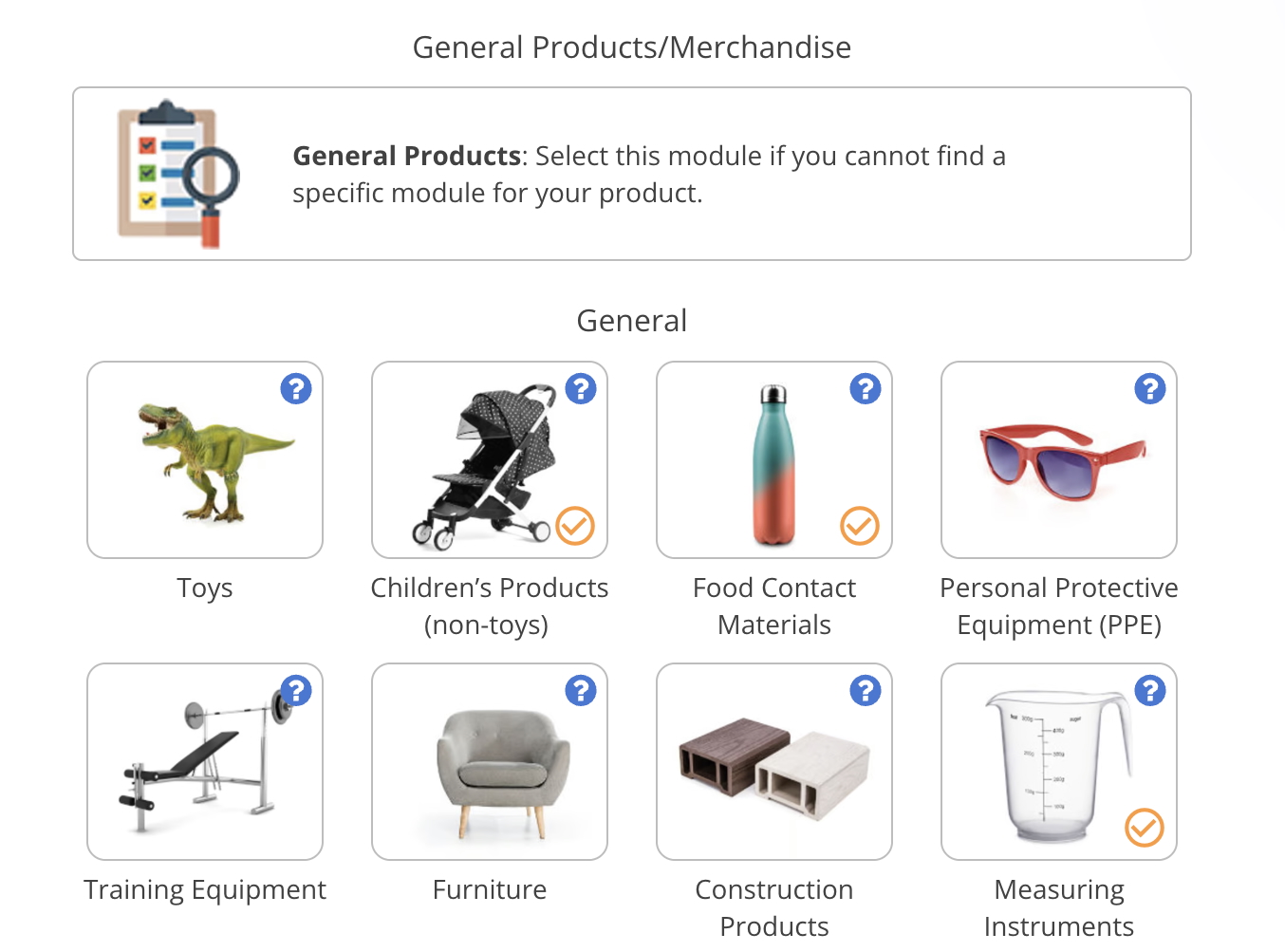Extended Producer Responsibility (EPR) requires that businesses – including brands, importers, and manufacturers – share the cost of packaging waste disposal. In practice, this can mean that you must pay a fee to a national EPR organisation that manages this for you.
To better understand what EPR means in practice, we reached out to the Green Dot in Germany – one of the pioneers in setting up EPR for packaging in 1990.
Content Overview
What is Extended Producer Responsibility?
Extended producer responsibility (EPR) can be defined as “an environmental policy approach in which a producer’s responsibility for a product is extended to the post-consumer stage of a product’s life cycle.”
Initially introduced as a concept by Thomas Lindhqvist from Sweden in 1990, EPR is typically understood to involve a shift in responsibility (administratively, financially, or physically) from governments or municipalities to producers as well as an encouragement of producers to take environmental considerations into account during the design and manufacture phases of product development.
EPR seeks to achieve a reduction in the environmental impact of products, throughout their lifespan, from production through end-of-life. This is achieved by integrating the cost not only for production but also for the end of life, into the product price.
Ideally, this leads to financial benefits for producers who reduce e.g. packaging or make their packaging more recyclable. And even better – consumers who choose products or packaging with less environmental impact than others should ideally have cost savings as well.
In the European Union, extended producer responsibility is mandatory within the context of the Packaging Waste, WEEE, and Batteries Directives, which put the responsibility for the financing of collection, recycling, and responsible end-of-life disposal of packaging, WEEE, batteries, on producers.
The first collective organization to introduce EPR for packaging was Der Grüne Punkt GmbH, founded in 1990 and going operational in 1991. Over the course of the last 30 years, almost every member state has introduced EPR for packaging based on specific national legislation.
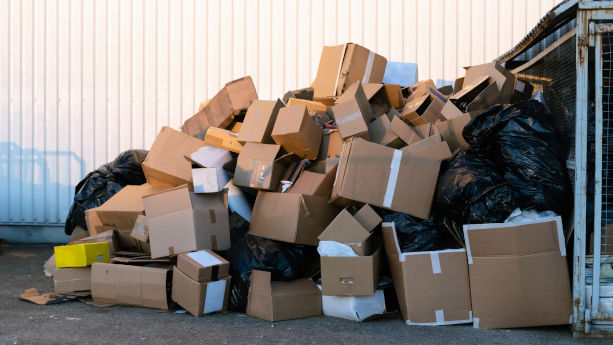
Does Extended Producer Responsibility apply in all EU member countries?
EPR for packaging applies in principle in all EU member countries – but with many things European, its implementation varies widely. In some states, EPR is implemented through a single organization, in other countries, there are more than 30 companies competing to provide EPR services to producers.
Yet again, some countries, such as Denmark, Croatia, and Hungary, use a mix of packaging taxes and deposit systems to handle packaging waste. Compared to taxes, EPR is by far the better option for producers – the funds collected by EPR systems go towards the actual collection and recycling of packaging, whereas packaging taxes are usually used for other government spending.
The EU Commission is planning to harmonize the implementation of EPR in the internal market, in order to create synergies and better monitoring of performance.
How much does it cost?
Unfortunately, there is no easy answer to this – as diverse as packaging legislation is in the EU, as diverse are the costs. There are several factors affecting fee levels that should be taken into account when comparing the relative costs of compliance across various European schemes.
Major factors influencing relative compliance costs include the following: Existing national collection and recovery infrastructure in the waste management sector – both for packaging waste as well as other waste streams – e.g. residual and organic waste. If there is a well-established waste management infrastructure, the additional cost of selective collection for packaging tends to be lower.
The source of packaging used to meet national recycling targets (household only or all packaging, including industrial and transport packaging) – household packaging waste is more expensive to collect and recover than packaging waste arising at production or retail outlets.
The proportionate share of costs which industry bears – some schemes meet 100% cost of collection and recovery cost, while others only pay a share thereof, and the rest is paid by the municipalities/fees from consumers.
National recycling targets and the effect of derogations for some member states. Collection system used – bring systems are generally less expensive than kerbside collection from households – however, collection amounts from kerbside systems are much higher than from central recycling stations, because it is easier for consumers to separate their packaging right at home.
Geographic location and population density – remote and sparsely populated regions will generally be more difficult and expensive to collect from.
Enforcement influences costs – the more companies participate in the scheme and the lower the rate of free rides, the greater the spread of the cost base, and the lower the cost for the individual company.
Labor costs and general overheads differ depending on the prevailing local economic conditions.
National waste legislation and enforcement – some countries have a comprehensive landfill ban in effect, while others still are striving to manage largely unstructured waste disposal. If you are putting packaged products onto the market in the EU, for example in Germany, you must participate in one of the EPR organisations – otherwise, the sale of your products can be stopped.
By registering your company and packaging with an EPR organization, you are fulfilling your legal obligation and compliance requirements – and you are doing the right thing for your customers and the environment.
Are all products sold in the EU covered by Extended Producer Responsibility?
As previously explained EPR regulations differ from country to country, so there is no easy answer to this question. You need to check upon individual country regulations.
Do importers in the EU need to pay EPR fees?
As previously explained EPR regulations differ from country to country, so there is no easy answer to this question. For Germany, the German Packaging Directive uses the collective term ‘producer(s)’ to refer to parties under obligation: manufacturers, retailers, importers, online retailers, mail order companies, distributors, other initial distributors, etc.
What it actually means, however, is any party that fills packaging for the first time with goods or places filled packaging on the German market for the first time (importer).
For producers of packaging subject to system participation, this involves packaging placed on the German market that accumulates as waste with a private final consumer or a comparable source of waste generation. Importers commercially place retail, grouped, and shipment packaging on the market for the first time within the jurisdiction of Germany.
This makes them producers for the purposes of the German Packaging Directive. As such, they must fulfill the requirements involved (registration, system participation, and data reporting).
The importer is the party who bears legal responsibility for the goods at the time they cross the border into Germany. In other words, the importer bears the transportation risk – which includes the risk of loss or damage to the goods – and is responsible for import operations (and, if applicable, customs clearance) of deliveries from non-EU countries. The question of who the importer is depends on the individual case and/or the specific contractual provisions agreed between seller and buyer.
Do non-EU cross-border e-commerce companies need to pay EPR fees?
Almost each EU member state has different national regulations to implement EPR in their respective countries. For Germany, the Packaging Directive uses the umbrella term ‘Producer’.
What it means, however, is actually any party who is the first to fill packaging with goods – or the first to place filled packaging on the German market (importer) – where that packaging typically accumulates as waste with private final consumers.
A mail-order company or e-commerce seller is the first to fill shipment packaging with goods, it is therefore considered a producer for the purposes of the German Packaging Directive.
It must fulfill the obligations under the Act if it is acting commercially (registration, system participation, and volume reporting). Marketplaces like Amazon are obliged to validate if sellers on their platform comply with EPR Regulations.
If sellers can’t provide evidence of EPR compliance by June 30th, 2022 – Amazon is legally forced to stop those sellers from selling into the German market.
Do I need to pay EPR fees if I buy products in one EU country and sell these in another?
The EPR obligation is specific to the packaging you sell in every EU member state – unfortunately, there is no one-stop-shop to fulfill this obligation. That means that if you are based in Denmark and sell packaging in Germany, France, Poland, and Austria, you have to report the respective quantities to the national EPR organizations.
Thankfully, most organizations have online registration available and are well equipped to deal with small and medium enterprises. Also, in some countries, you do not have to take any action if you are below certain packaging or turnover thresholds. If you need more information, just ask us.
Do I pay EPR fees if I sell B2C from one EU country to consumers in other EU countries?
The answer is yes. The EPR fee is not paid by the consumers, but the company put the packaging on the market – that is you. So again, you are obliged to track your packaging for each country and report accordingly.
The e-commerce sector is the focus of the EU and national governments because there is still a lot of confusion as to who pays for what – accordingly you are well-advised to cover your risks in this regard. Also, platforms such as Amazon are required to provide additional transparency about the sales they enable and are monitoring more closely.
Where can I find information about EPR organisations in the EU?
PRO Europe is the umbrella association of Green Dot EPR systems in Europe. Traditionally, the Green Dot organizations were the first to set up operations in the member countries, so they tend to be the most experienced in the market.
What is the role of Green Dot in EPR?
Der Grüne Punkt – the Green Dot – system in Germany was the pioneer in setting up EPR for packaging in 1990. We established a separate collection system for over 80 million inhabitants, enabled financing for sorting and recycling plants, and are still a leading provider in Germany, with more than 40.000 customers globally.
Der Grüne Punkt assists producers worldwide to fulfil their German Packaging Act obligations and be compliant with EPR Regulations.
What kind of services can Green Dot provide?
With the packaging license, you are participating in the dual system of Der Grüne Punkt, the prestigious and most experienced provider in Germany. Starting from only 25 € (net) per year you fulfill your legal obligations according to the German Packaging Act.
You will be given access to our practical reporting scheme, under which you can process all the formalities involved in your packaging license with time-saving efficiency. In addition, the trademark utilization contract allows you to label your sales packaging with the worldwide recognized trademark “Der Grüne Punkt”.
Since 1990 “Der Grüne Punkt” has been symbolizing producer responsibility and is exclusive to our customers only. Now the online label is exclusively available for customers from “Der Grüne Punkt” to show that you fulfill your obligation to participate in the system in accordance with German Packaging Law.
As a pioneer of the closed-cycle economy, Der Grüne Punkt also provides high-tech feedstock solutions for more and more manufacturers and companies. Under the brand name of Systalen, Der Grüne Punkt is aiming at close the material cycle by producing top-quality and affordable granulates, regrinds, and agglomerates made from post-consumer plastic waste.
How can our readers contact you?
They can reach us via our website, LinkedIn or Wechat:
Der Grüne Punkt (gruener-punkt.de)
www.linkedin.com/company/der-gruene-punkt-duales-system-deutschland/
WeChat:


